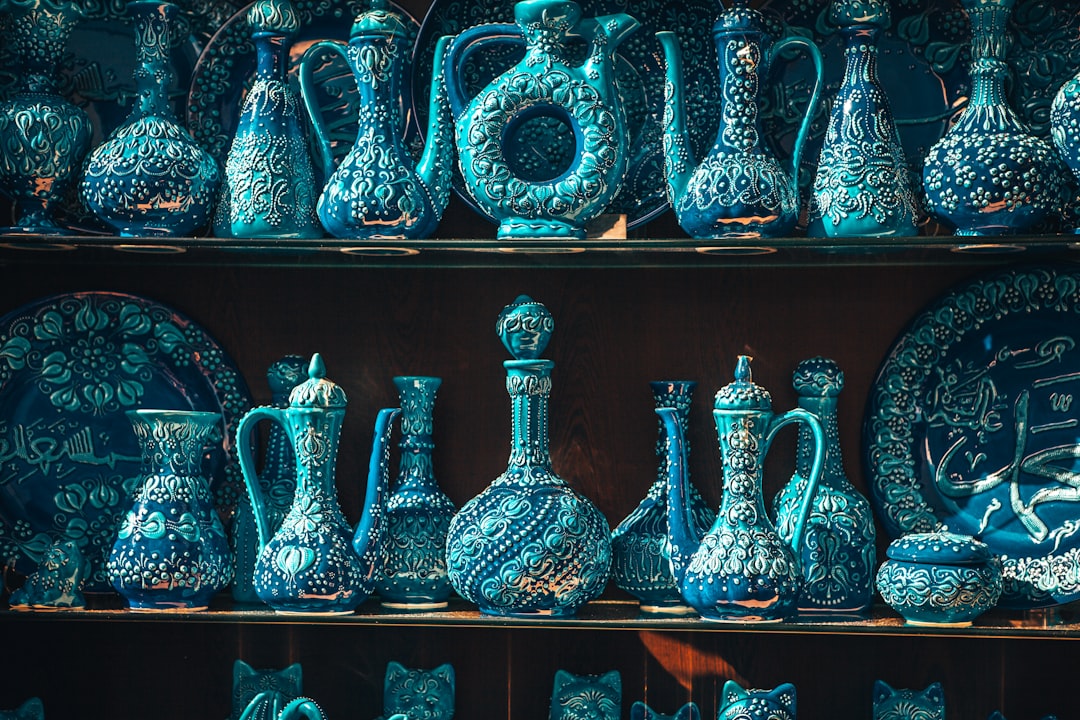What is it about?
This article examines contract negotiations in ancient China and then addresses how they have changed in modern China. First, the broad societal contexts of these two eras are examined and compared, as well as their legal systems. This is followed by a discussion of the court system and how middlemen can be leveraged as a “golden bridge” in forming agreements. The analysis contends that despite a comprehensive legal system, the best approach to negotiate with Chinese counterparts nowadays is to leverage its tradition of using middlemen to insert personal relationships that connect private agreements to public adherence. The role of the middlemen has neglected benefits that warrant reconceptualization as Chinese negotiation practices seep into modern international systems.
Featured Image

Photo by Niketh Vellanki on Unsplash
Why is it important?
We can see the increased confidentiality clauses built into Chinese lending contracts have risks that will seep through to the international community. Indeed, recent legal system reforms show a reversion back to dispute resolution practices that undermine transparency. Judges that should play an impartial role are encouraged to settle cases privately and forgo standard procedure. Legal scholars have followed the turn of events as Chinese authorities return to “Maoist” practices where “closed-door mediation was particularly encouraged” (Minzner 2011: 948). The 2010 Law on People’s Mediation revived mediation committees and extrajudicial processes that created “procedures for courts to ratify agreements reached via such mediation” (Minzner 2011: 945). The targets set by the government for courts to mediate “range from merely high (60 to 80 percent) to astronomically unbelievable (97 percent or higher)” (Minzner 2011: 957), which caused judges to “throw legal norms out the window in their effort to reach settlement. This includes abandoning evidentiary and procedural standards” (Minzner 2011: 961). Alarmingly, the impartial role of a judge is pressured to be ideologically correct as the Communist Party began “model judge” campaigns that display disdain towards those who pay “excessive attention to wording, believe the laws of statues to be the only scripture, and pay no attention to social harmony and the popular interest” (Minzner 2011: 951).
Perspectives
As Chinese negotiation practices ripple through the international system, comparative examination of its ancient and modern practices is important because it reveals culturally accepted practices that can be reconsidered today. The once essential element of middlemen has been overlooked, but it should be further researched as a solution with the benefit of connecting private agreements to public adherence. Much like the Spring and Autumn periods, the meshing and integration of different cultures and tribes in today’s international markets can learn from experiences of ancient traditional practices.
Emma Hsu
University of Hawaii at Manoa
Read the Original
This page is a summary of: Cutting in the Middleman: Learning from Ancient Chinese Contract Negotiation, International Negotiation, April 2022, Brill,
DOI: 10.1163/15718069-bja10056.
You can read the full text:
Contributors
The following have contributed to this page










